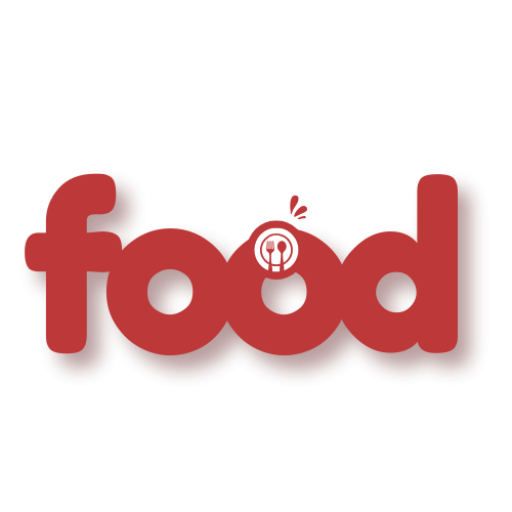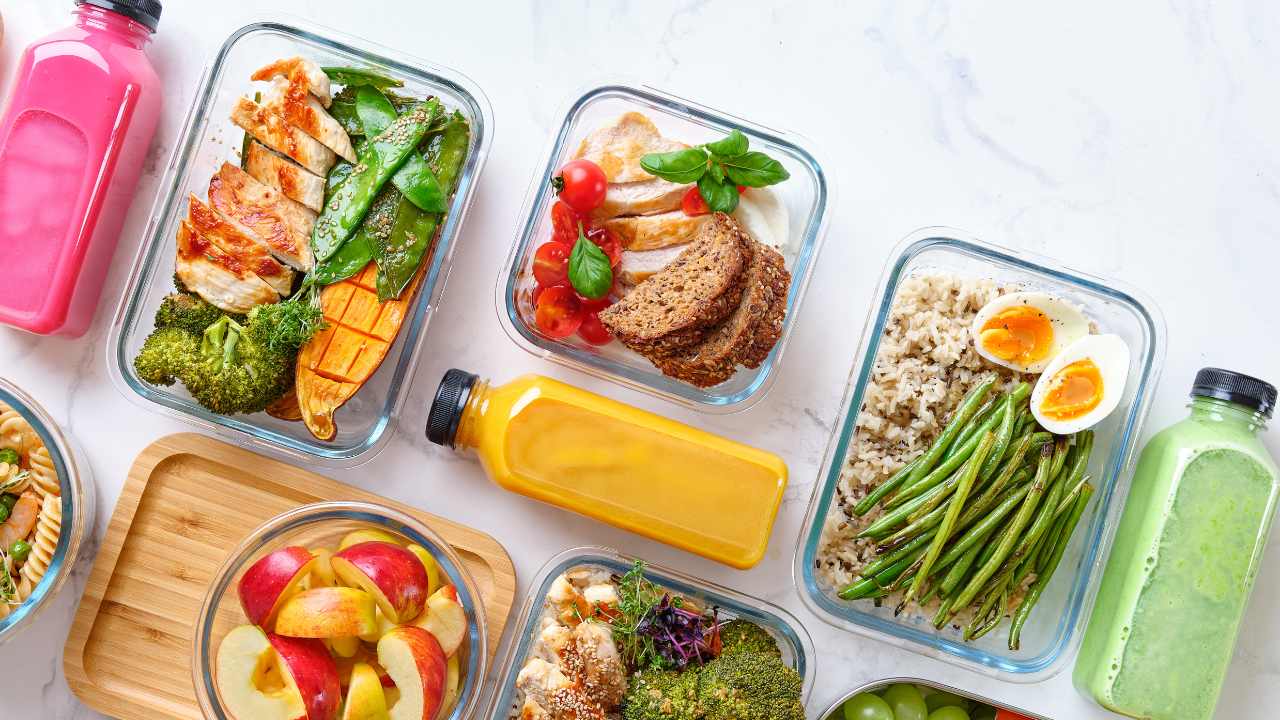Hair health is more than just using the right shampoo or applying expensive serums—it’s deeply tied to what you eat. Just like your skin, your hair reflects the overall health of your body. A nutrient-rich diet can significantly improve the strength, shine, and growth rate of your hair. In this comprehensive guide, we’ll explore the best healthy foods for hair, explain why they matter, and offer practical tips on incorporating them into your daily routine.
Why Nutrition Matters for Hair Health
Hair is primarily made of a protein called keratin. For your body to produce keratin and maintain a healthy hair cycle, it requires an adequate supply of vitamins, minerals, and other nutrients. Deficiencies in key nutrients like biotin, iron, and vitamin D can lead to hair thinning, breakage, or even hair loss.
Some of the most common hair concerns that stem from poor nutrition include:
Also Read
- Health Food: Benefits, Essential Foods, and How to Eat for a Healthier Life
- what foods help gut health?
-
Hair thinning
-
Excessive hair fall
-
Dull and lifeless hair
-
Split ends
-
Scalp issues such as dryness and dandruff
Feeding your body the right nutrients can help prevent and even reverse many of these issues over time.
Top Healthy Foods for Hair Growth and Strength
Let’s break down the best hair-friendly foods based on the nutrients they provide.
1. Eggs – Packed with Protein and Biotin
Eggs are one of the richest sources of biotin, a B-vitamin essential for the production of keratin. They’re also high in protein, the building block of hair strands.
-
Nutrients: Biotin, Protein, Zinc, Selenium
-
Benefits: Strengthens hair, promotes growth, prevents thinning
Try it: Include 2-3 eggs per week in your breakfast for a protein boost.
Trusted Source: Harvard T.H. Chan School of Public Health – Eggs
2. Spinach – Rich in Iron and Folate
Spinach is a green leafy vegetable loaded with iron, which helps red blood cells carry oxygen to your hair follicles. A lack of iron is a leading cause of hair loss, especially in women.
-
Nutrients: Iron, Vitamin A, Vitamin C, Folate
-
Benefits: Promotes scalp health, reduces hair shedding
Try it: Add spinach to smoothies, salads, or stir-fries several times a week.
Trusted Source: NIH – Iron
3. Salmon – Omega-3 Fatty Acids Powerhouse
Salmon and other fatty fish like sardines and mackerel are rich in omega-3 fatty acids, which nourish the scalp and add natural shine to your hair.
-
Nutrients: Omega-3s, Protein, Vitamin D, B12
-
Benefits: Reduces inflammation, promotes thick and shiny hair
Try it: Enjoy grilled salmon twice a week to support hair hydration and strength.
Trusted Source: American Heart Association – Omega-3
4. Nuts and Seeds – Vitamin E and Zinc Boosters
Almonds, walnuts, chia seeds, and flaxseeds are fantastic for hair health. They’re full of vitamin E, which protects your hair from oxidative stress, and zinc, which supports hair tissue repair.
-
Nutrients: Vitamin E, Zinc, Selenium, Omega-3s
-
Benefits: Prevents hair breakage, supports scalp health
Try it: Keep a mix of nuts and seeds as a go-to snack or sprinkle them over your breakfast bowl.
5. Sweet Potatoes – Beta-Carotene for Scalp Health
Sweet potatoes are loaded with beta-carotene, which the body converts into vitamin A—a key player in sebum production to keep your scalp moisturized.
-
Nutrients: Beta-Carotene, Vitamin A, Fiber
-
Benefits: Prevents dry scalp, promotes cell regeneration
Try it: Roast sweet potatoes with olive oil and herbs for a nutrient-rich side dish.
Trusted Source: National Institutes of Health – Vitamin A
6. Greek Yogurt – Protein and Probiotics
Greek yogurt not only supplies high-quality protein, but it also contains vitamin B5 (pantothenic acid), known for improving blood flow to the scalp.
-
Nutrients: Protein, Vitamin B5, Probiotics
-
Benefits: Enhances hair follicle health, improves texture
Try it: Make a morning parfait with Greek yogurt, berries, and a sprinkle of seeds.
Trusted Source: Harvard Health – Yogurt and Probiotics
7. Avocados – Healthy Fats for Shine
Avocados are loaded with healthy monounsaturated fats, vitamin E, and antioxidants that protect the scalp and hair from environmental damage.
-
Nutrients: Vitamin E, Healthy Fats, Potassium
-
Benefits: Adds luster, reduces dryness and frizz
Try it: Spread avocado on whole-grain toast or add to smoothies for creamy texture.
8. Berries – Vitamin C for Collagen Production
Berries like strawberries, blueberries, and blackberries are high in vitamin C, which helps your body produce collagen and absorb iron.
-
Nutrients: Vitamin C, Antioxidants, Fiber
-
Benefits: Strengthens hair roots, protects against breakage
Try it: Mix a variety of berries into oatmeal or enjoy as a snack.
Trusted Source: NIH – Vitamin C
9. Lentils – Plant-Based Protein and Iron
Lentils are a staple in vegetarian diets and are excellent sources of plant-based protein and iron, which are crucial for hair structure and growth.
-
Nutrients: Protein, Iron, Folate, Zinc
-
Benefits: Stimulates hair follicles, strengthens strands
Try it: Make a hearty lentil soup or a protein-rich salad.
Trusted Source: Harvard T.H. Chan – Lentils
10. Oysters – High in Zinc
Zinc deficiency is linked to telogen effluvium, a common form of hair loss. Oysters are one of the best natural sources of this essential mineral.
-
Nutrients: Zinc, Selenium, Protein
-
Benefits: Encourages hair tissue repair, balances oil glands on scalp
Try it: If you’re not a fan of oysters, pumpkin seeds are a great plant-based alternative.
Trusted Source: NIH – Zinc
Foods to Avoid for Better Hair Health
Just as important as eating the right foods is avoiding the wrong ones. Some dietary habits can damage hair or impede its growth:
-
Sugary snacks: Increases inflammation and may reduce collagen production
-
Excessive alcohol: Dehydrates the scalp and hair
-
Fried and greasy foods: Can clog hair follicles
-
Crash diets: Lead to rapid nutrient depletion
Hydration: The Unsung Hero of Hair Health
Don’t underestimate the power of water. Staying well-hydrated helps deliver nutrients to your cells and keeps your scalp from drying out. Aim for at least 8 glasses of water per day, more if you’re physically active or live in a hot climate.
Conclusion
If you’re serious about improving your hair health, it starts with what’s on your plate. By incorporating a variety of whole foods rich in protein, iron, omega-3s, and antioxidants, you’ll provide your hair with everything it needs to thrive. The journey to luscious, strong, and shiny hair is not in a bottle—it’s in your kitchen.
FAQs
Q1: How long does it take for diet to affect hair health?
A: Typically, you may begin to notice improvements in your hair texture and strength within 2–3 months of consistent, nutrient-rich eating.
Q2: Can supplements replace healthy foods for hair?
A: While supplements can help in cases of deficiency, whole foods are always the best source of nutrients because they offer better absorption and added fiber.
Q3: What foods help reduce hair fall?
A: Foods high in iron (spinach), zinc (oysters), biotin (eggs), and protein (Greek yogurt) can help reduce hair fall.
Q4: Is drinking water really important for hair?
A: Absolutely. Dehydration can lead to a dry, flaky scalp and brittle strands. Water supports nutrient transport and healthy cell function.
Q5: Are there any vegetarian or vegan foods for hair health?
A: Yes! Lentils, spinach, nuts, seeds, berries, and avocados are all excellent plant-based options.
Stay Connected With Google News

A passionate food writer with a deep commitment to promoting healthy eating habits, I create engaging and informative content that helps readers make better food choices. With a focus on nutrition, wellness, and practical tips, I share easy-to-follow recipes, health-conscious meal plans, and expert insights to inspire a balanced lifestyle. My mission is to make healthy eating accessible and enjoyable for everyone.





